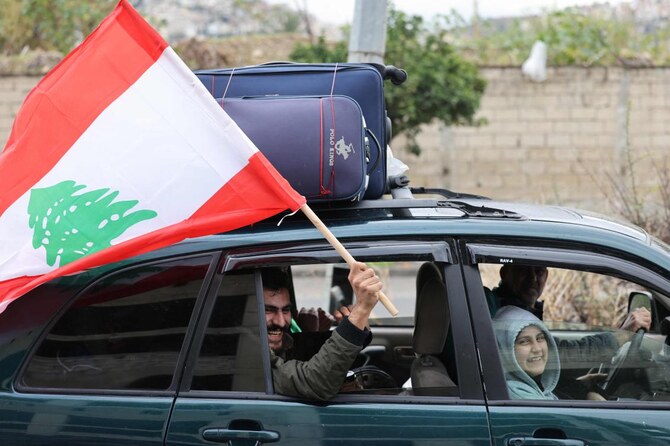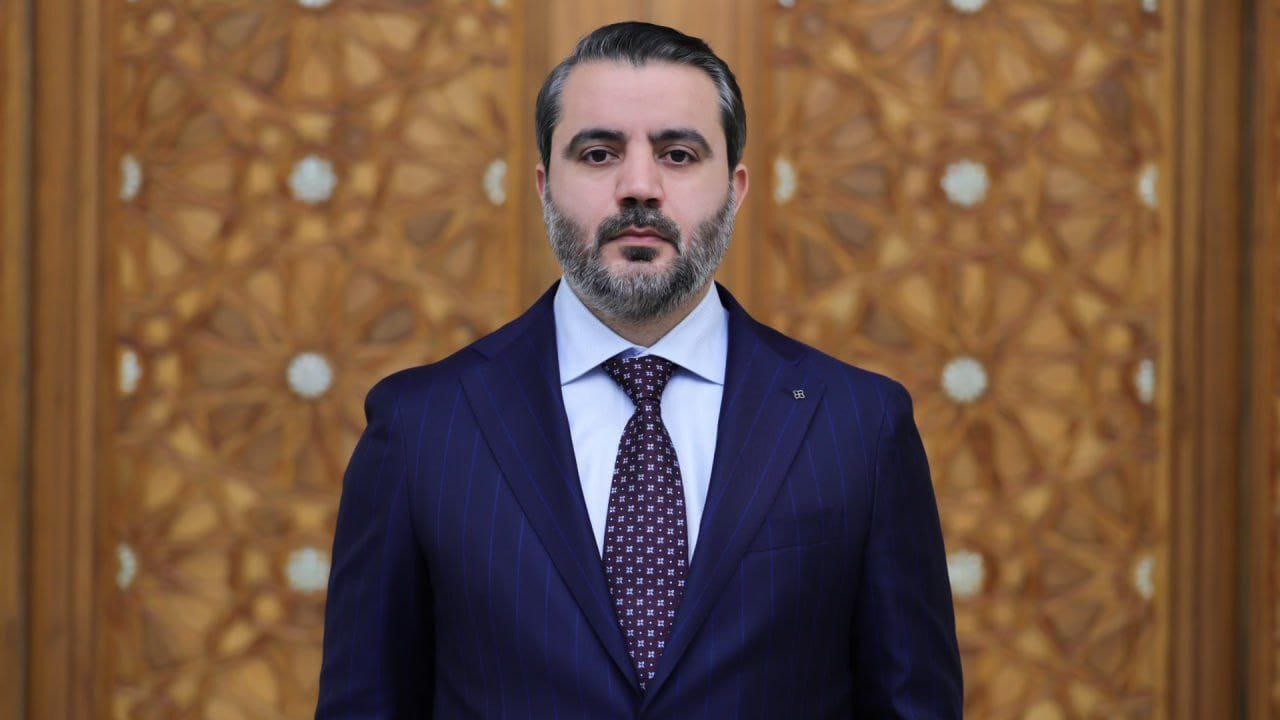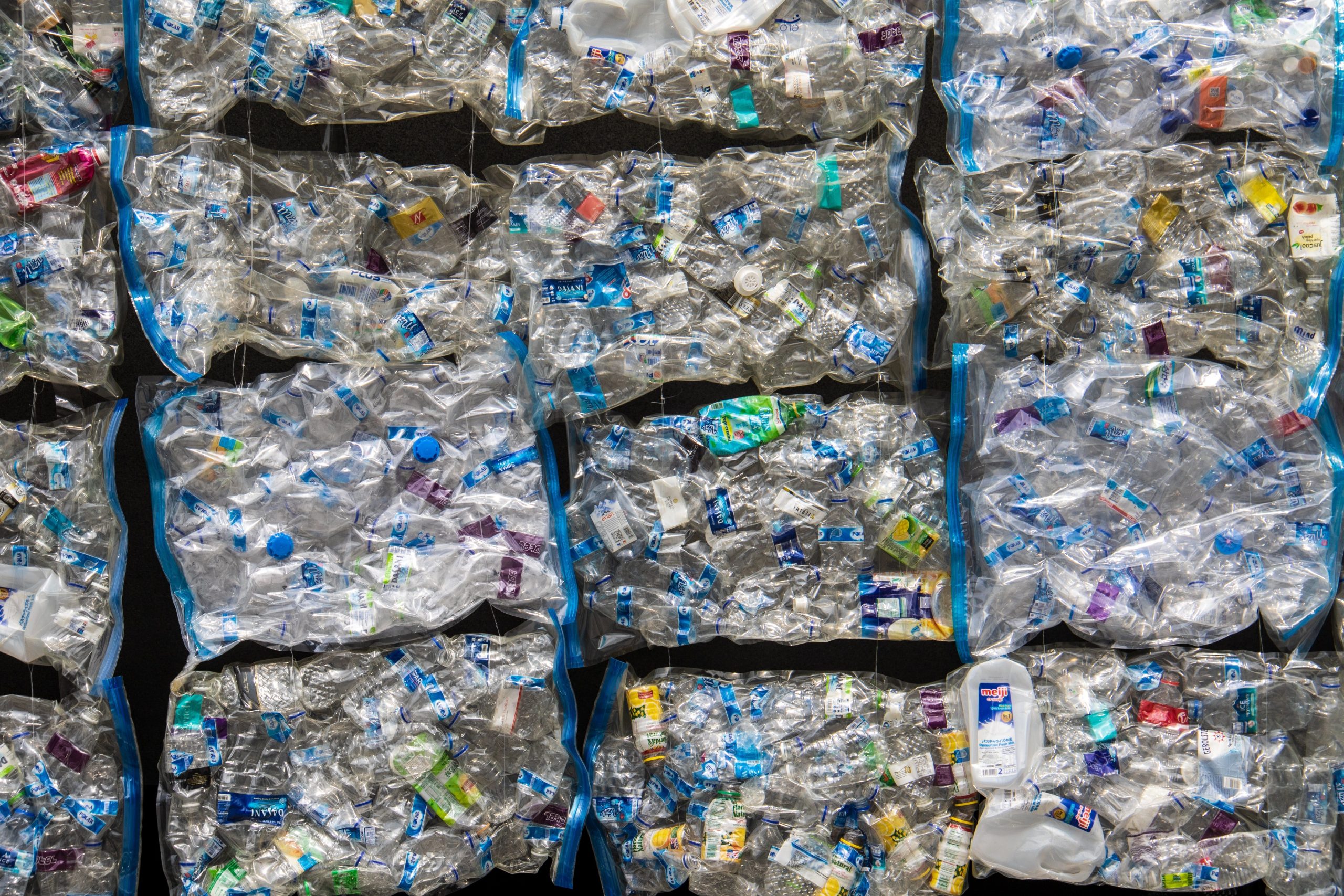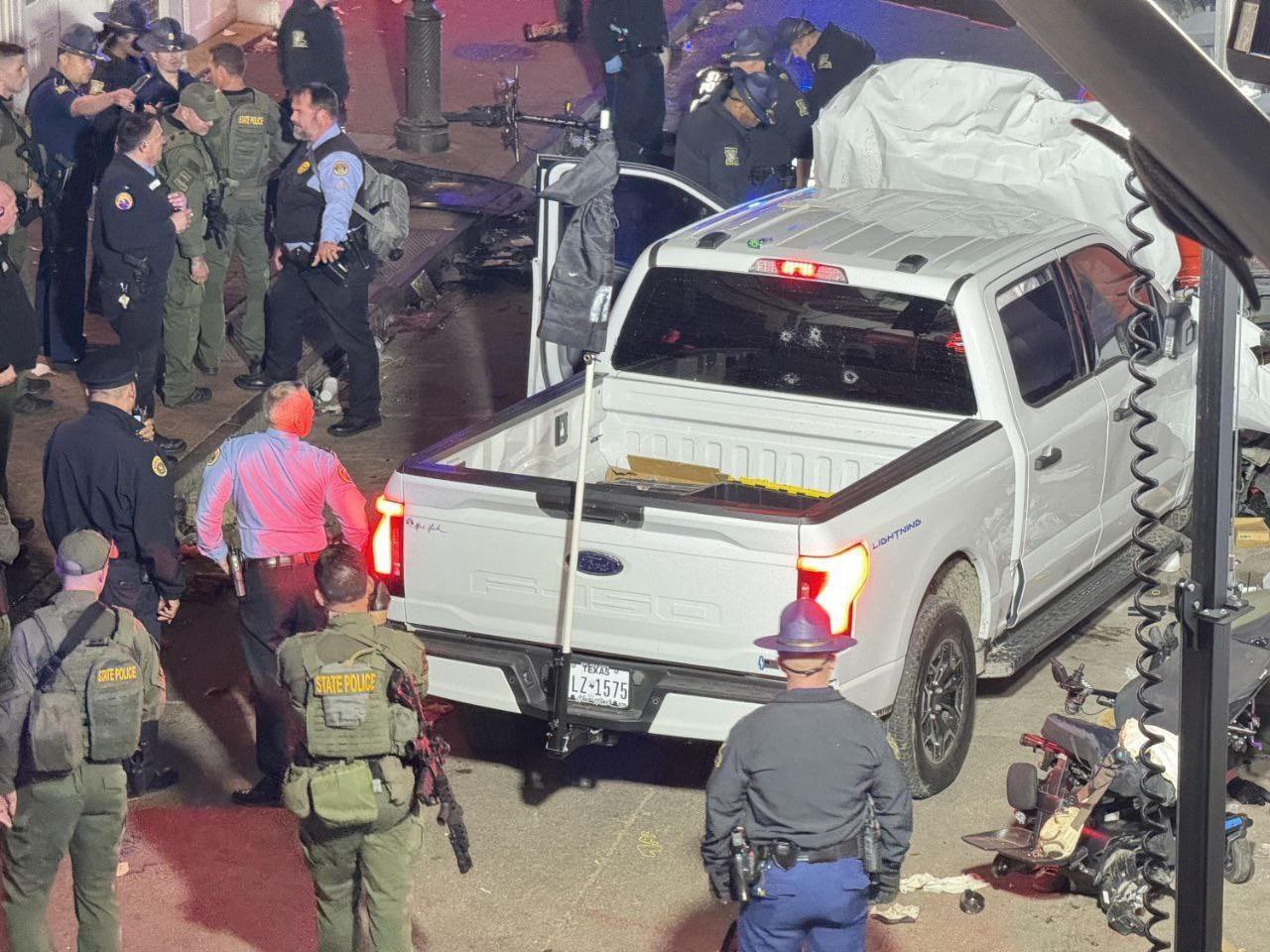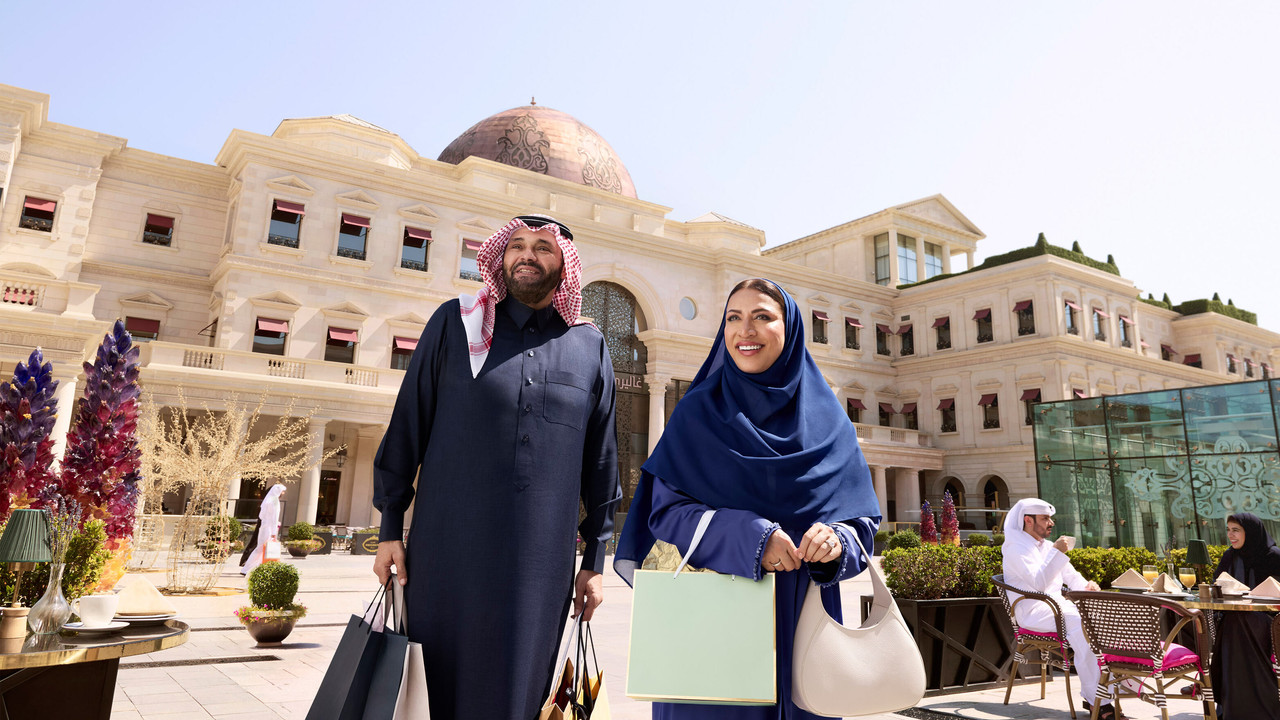The ceasefire agreement is seen as a potential turning point in the conflict, with some hoping that it could pave the way for further diplomatic efforts in Gaza.
Qatar has welcomed the recent ceasefire agreement between Israel and Hezbollah in Lebanon, expressing hope that it will serve as a model for a similar resolution to the ongoing genocide in Gaza and the escalating tensions in the occupied West Bank.
In a statement released by the Ministry of Foreign Affairs, Qatar urged all parties to adhere to the ceasefire and fully implement the United Nations Security Council Resolution 1701, which seeks to ensure the cessation of hostilities and the return of stability to the region.
The ceasefire, which came into effect today, followed a proposal from United States President Joe Biden, who confirmed that the agreement would end nearly 14 months of fierce cross-border fighting between Israel and Hezbollah.
The war, which has claimed thousands of lives, had also displaced hundreds of thousands of civilians in southern Lebanon.
The ceasefire holds a significant promise, with civilians on both sides expected to return home and rebuild their lives, according to Biden, who described the conflict as “devastating” and emphasised the need for a permanent halt to the fighting.
Nabih Berri, the Speaker of Lebanon’s Parliament, has urged all displaced Lebanese to return to their homes, calling for a collective effort to restore life to areas affected by the conflict.
“Come back to your land. Your land will be stronger with your presence. You should come back. You should protect the land that saw the blood of all the martyrs,” Berri said in a televised speech.
Hezbollah, which has not directly participated in the ceasefire negotiations, has yet to formally comment on the agreement.
However, the group’s ally, Berri, played a crucial role in mediating the deal.
As part of the agreement, Israel will gradually withdraw its forces from southern Lebanon over the next 60 days, with the Lebanese army expected to take control of the area.
Caretaker Prime Minister Najib Mikati has called for unity among Lebanon’s political factions, urging all parties to focus on rebuilding the country after what he described as “the most cruel phase in Lebanese history”.
He also emphasised that Israel must adhere to the ceasefire and complete its withdrawal from southern Lebanon.
Both the United States and France have pledged to support Lebanon’s recovery and stability, committing to efforts aimed at strengthening the Lebanese Armed Forces and advancing economic development in the region.
This commitment aligns with Qatar’s hopes for a broader regional peace, with the Gulf state reiterating its support for Lebanon’s sovereignty and territorial integrity.
The Qatari government has also expressed appreciation for the contributions made by the United States and France in facilitating the ceasefire agreement.
Israel’s Defence Minister Israel Katz stated that the military would “act firmly and without compromise” against any violations of the ceasefire.
Prime Minister Benjamin Netanyahu noted that the ceasefire would allow Israel to focus on the threat from Iran, replenish military supplies, and isolate Hamas.
He added, “We have pushed them decades back. We eliminated Nasrallah, the axis of the axis.”
French Foreign Minister Jean-Noel Barrot stressed that “Force must give way to dialogue and negotiation”.
Iran, which backs Hezbollah, welcomed the ceasefire agreement, while Hamas official Sami Abu Zuhri expressed hope for a similar deal to be reached in Gaza.

